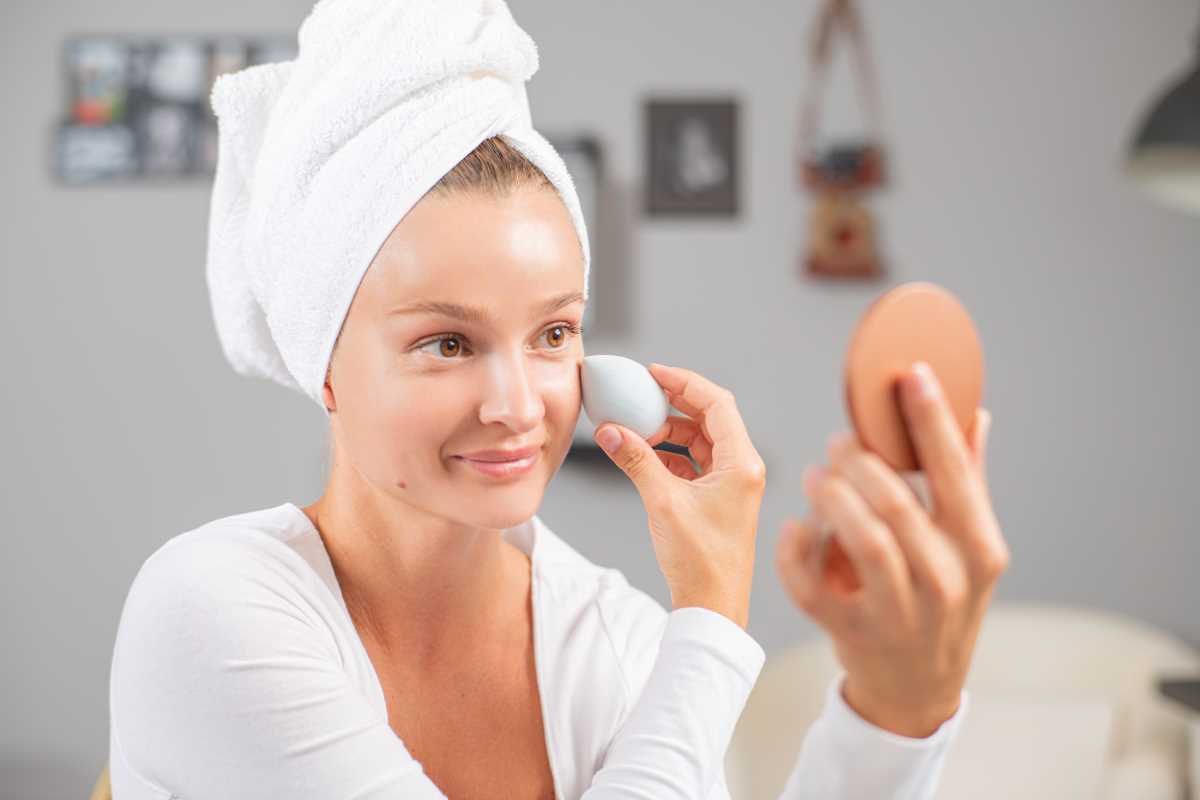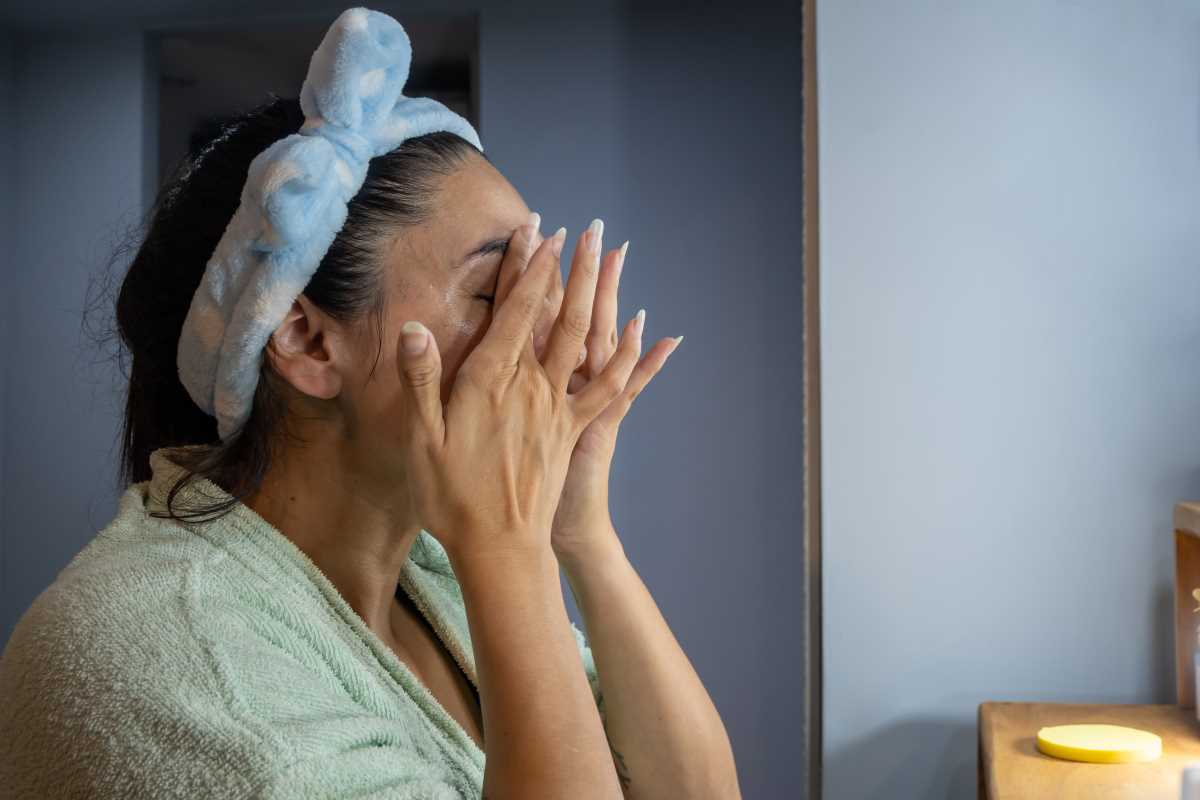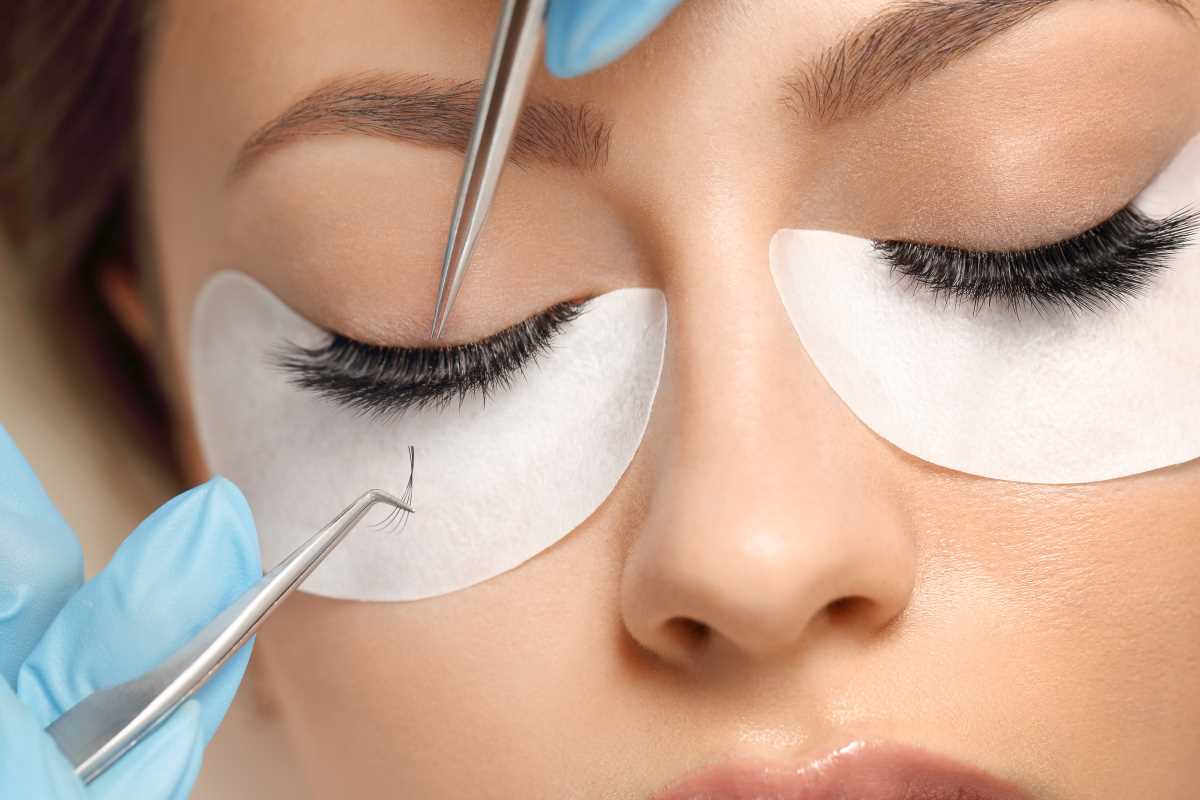Acne is a common skin condition that affects millions of people worldwide. While there's no one-size-fits-all solution, finding the right face wash can significantly improve your skin's appearance and reduce breakouts. Here's a guide to help you choose the best face wash for your acne-prone skin:
Understanding Acne
Before selecting a face wash, it's essential to understand the root causes of acne. Acne is primarily caused by clogged pores, excess oil production, and bacteria. These factors can lead to various types of acne, including:
- Whiteheads: Closed pores filled with sebum and dead skin cells.
- Blackheads: Open pores filled with sebum and dead skin cells.
- Papules and pustules: Small, red bumps that may contain pus.
- Nodules and cysts: Large, painful bumps that can be deep beneath the skin.
Ingredients
When choosing a face wash for acne, look for products containing the following ingredients:
- Salicylic acid: This beta-hydroxy acid (BHA) helps to exfoliate the skin, unclog pores, and reduce inflammation.
- Benzoyl peroxide: This over-the-counter medication kills acne-causing bacteria and reduces inflammation.
- Sulfur: Sulfur has antibacterial properties and can help to dry up excess oil.
- Niacinamide: This ingredient helps to reduce redness and inflammation, and can also improve skin texture.
- Retinoids: These vitamin A derivatives can help to reduce acne and improve skin tone and texture.
Choosing the Right Formula
The best face wash for you will depend on your skin type and the severity of your acne. Consider these factors when choosing a product:
- Skin type: If you have oily or combination skin, look for a face wash that is specifically formulated for acne-prone skin. If you have sensitive skin, choose a gentle cleanser that is free of harsh chemicals.
- Severity of acne: For mild acne, a gentle cleanser containing salicylic acid or benzoyl peroxide may be sufficient. For more severe acne, you may need a stronger product or consult with a dermatologist.
- Texture: Some people prefer gel or foaming cleansers, while others prefer cream cleansers. Experiment with different textures to find what works best for you.
Additional Tips
- Wash your face twice a day: Gently cleanse your face twice a day with a mild cleanser to remove dirt, oil, and makeup.
- Avoid harsh scrubbing: Scrubbing your skin too hard can irritate it and make acne worse.
- Use a gentle exfoliant: Exfoliating your skin once or twice a week can help to remove dead skin cells and unclog pores.
- Moisturize regularly: Even if you have oily skin, it's important to moisturize after cleansing. This can help to prevent dryness and irritation.
- Avoid touching your face: Touching your face can transfer bacteria and oils to your skin, leading to acne breakouts.
- Protect your skin from the sun: Exposure to the sun can worsen acne, so it's important to use sunscreen daily.
- Manage stress: Stress can contribute to acne breakouts. Practice stress-management techniques, such as yoga, meditation, or deep breathing.
- Avoid comedogenic products: Some ingredients can clog pores and contribute to acne. Look for products that are labeled as "non-comedogenic."
- Consider lifestyle changes: Certain lifestyle factors, such as diet and sleep, can also affect acne. Eating a healthy diet, getting enough sleep, and avoiding excessive stress can help improve your skin's health.
- See a dermatologist: If your acne is severe or doesn't improve with over-the-counter treatments, consult with a dermatologist for professional advice.
When to See a Dermatologist
If your acne is severe, persistent, or causing you significant distress, it's important to consult with a dermatologist. They can provide a proper diagnosis and recommend the most effective treatment plan.
Remember, managing acne takes time and patience. By following these tips and working with a dermatologist, you can improve your skin's appearance and boost your confidence.
Prescription Options
Prescription face washes are often recommended for individuals with severe or persistent acne. These specialized cleansers contain stronger active ingredients that can help target the root causes of acne and provide more significant results than over-the-counter options.
Common Active Ingredients in Prescription Face Washes
- Adapalene: A retinoid that helps to unclog pores, reduce inflammation, and improve skin texture.
- Benzoyl peroxide: While often available over-the-counter, stronger concentrations of benzoyl peroxide may be prescribed for severe acne.
If you have tried over-the-counter acne treatments without success, or if your acne is severe or persistent, it may be time to consult with a dermatologist. They can assess your skin condition and recommend a prescription face wash that is right for you.
Benefits of Prescription Face Washes
- Stronger active ingredients: Prescription face washes often contain higher concentrations of active ingredients than over-the-counter products, providing more targeted treatment for acne.
- Customized treatment: A dermatologist can tailor a prescription face wash to your specific skin type and severity of acne.
- Improved results: Prescription face washes can often provide faster and more significant results than over-the-counter treatments.
Choosing the Right Prescription Face Wash
When selecting a prescription face wash, it's essential to consider the following factors:
- Severity of acne: For mild acne, a face wash containing salicylic acid or benzoyl peroxide may be sufficient. However, for more severe acne, a combination of ingredients or a stronger formulation may be necessary.
- Skin type: If you have dry or sensitive skin, your dermatologist may recommend a gentler face wash. For oily or combination skin, a stronger cleanser may be more effective.
- Personal preferences: Consider your personal preferences when choosing a face wash. Some people prefer gel or foaming cleansers, while others prefer cream cleansers.
Potential Side Effects
It's important to note that prescription face washes can sometimes cause side effects, such as dryness, redness, or irritation. If you experience any adverse effects, consult with your dermatologist.
Using a Prescription Face Wash Effectively
- Follow your doctor's instructions: Use the face wash as directed by your dermatologist.
- Be patient: It may take several weeks or months to see results.
- Combine with other treatments: Your dermatologist may recommend using a prescription face wash in combination with other acne treatments, such as topical medications or oral antibiotics.
- Protect your skin from the sun: Retinoids can increase your skin's sensitivity to the sun, so it's important to use sunscreen daily.
Prescription face washes can be a valuable tool in the treatment of acne. By consulting with a dermatologist and using the right product, you can improve your skin's appearance and boost your confidence.







